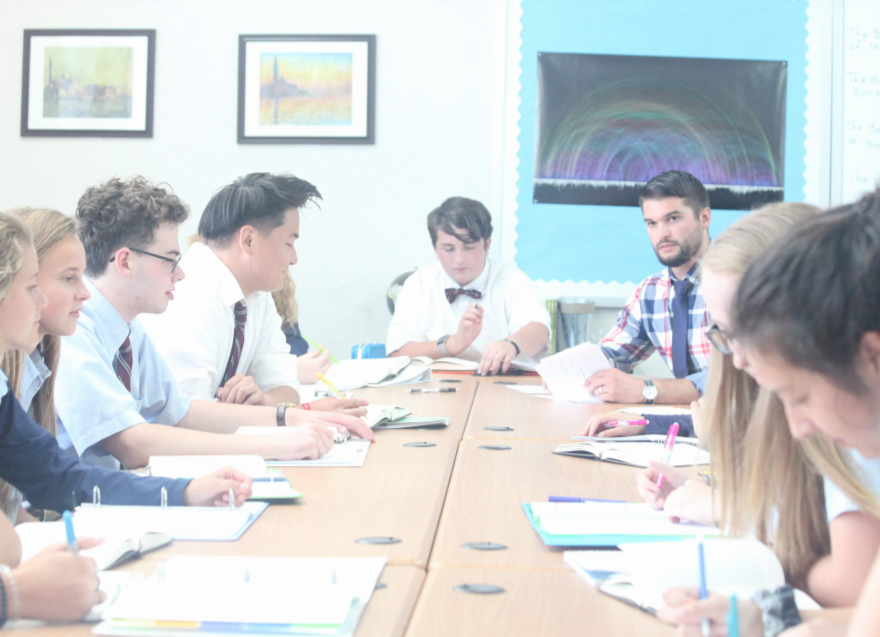Tag: multum non multa
-

Slow Productivity in School, Part 2: Do Fewer Things
In my last article we discussed the problem of pseudo-productivity in school. Popularly called busywork, this pseudo-productivity of the factory model of education presents a fairly straightforward analogy to the pseudo-productivity of the office. In his book Slow Productivity: The Lost Art of Accomplishment Without Burnout, Cal Newport diagnosed the problem of our crazy busy…
-

Slow Productivity in School, Part 1: The Problem of Pseudo-Productivity
Classical educators can often be found touting the Latin phrase multum, non multa, in favor of various revolutionary proposals to adopt quality over quantity, depth over breadth, much over many things. (See for instance this article on Memoria Press by Andrew Campbell, or Christopher Perron’s lecture on Classical Academic Press.) The phrase comes from a…
-

Enjoying the Bible as Literature: 5 Strategies for Engaging Students in Reading the Canon
Guest article by Heidi Dean of Christian Schools International (See Jason’s article on CSI “7 Steps to Narrating the Bible”!) In biblical studies we seek to cultivate the habits of reverence, humility, submission to the text, and other qualities of faithful scholarship. But I propose another goal should rise to the top: enjoyment. The enjoyment…
-

Less is More: Are Fewers Subjects Better for Schools?
Chris Perrin, over at Inside Classical Ed, suggests that classical schools are offering too many classes. He champions the idea of multum non multa – much not many. Perrin writes, “To study and learn well, humans have learned that it is important to study a few things deeply, even to mastery, rather than to dabble…
